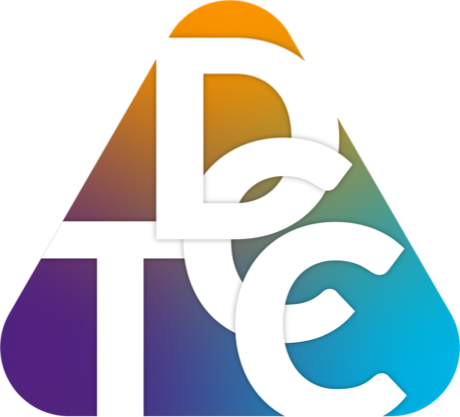TDCC-NES Project initiatives

The TDCC-NES offers two funding strands to support collaborative projects dealing with bottleneck areas and challenges defined in our roadmap.
Bottleneck projects
Bottleneck projects are small-scale, usually lasting up to 12 months. They are being developed through a collaborative process which began in Q2 2023 with a series of stakeholder conversations and community consultations. There is a one-off sum of €950,000 per TDCC available to distribute through this funding strand.
Two bottleneck projects have been granted funding so far, both addressing the bottleneck area Facilitating long-term software preservation and sustainability, and there are several ongoing project initiatives in other bottleneck areas, in different stages of development. Click below to read more about them.
Challenge projects
The Challenge funding strand is intended for mid-sized projects with a duration of 24 – 30 months and a budget between €50,000 – €400,000. The first call for these projects launched in November 2023 with an initial sum of €1,6 million per TDCC. This call will be open for twelve months and the review process will be transparent, collaborative and community led. Click below for details on the process and how to apply.
